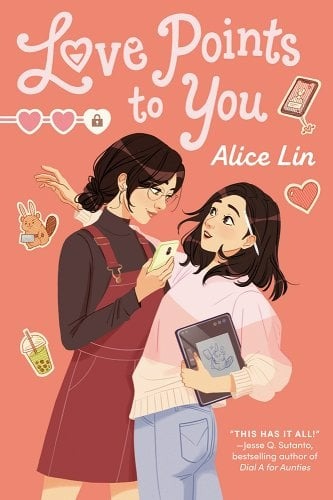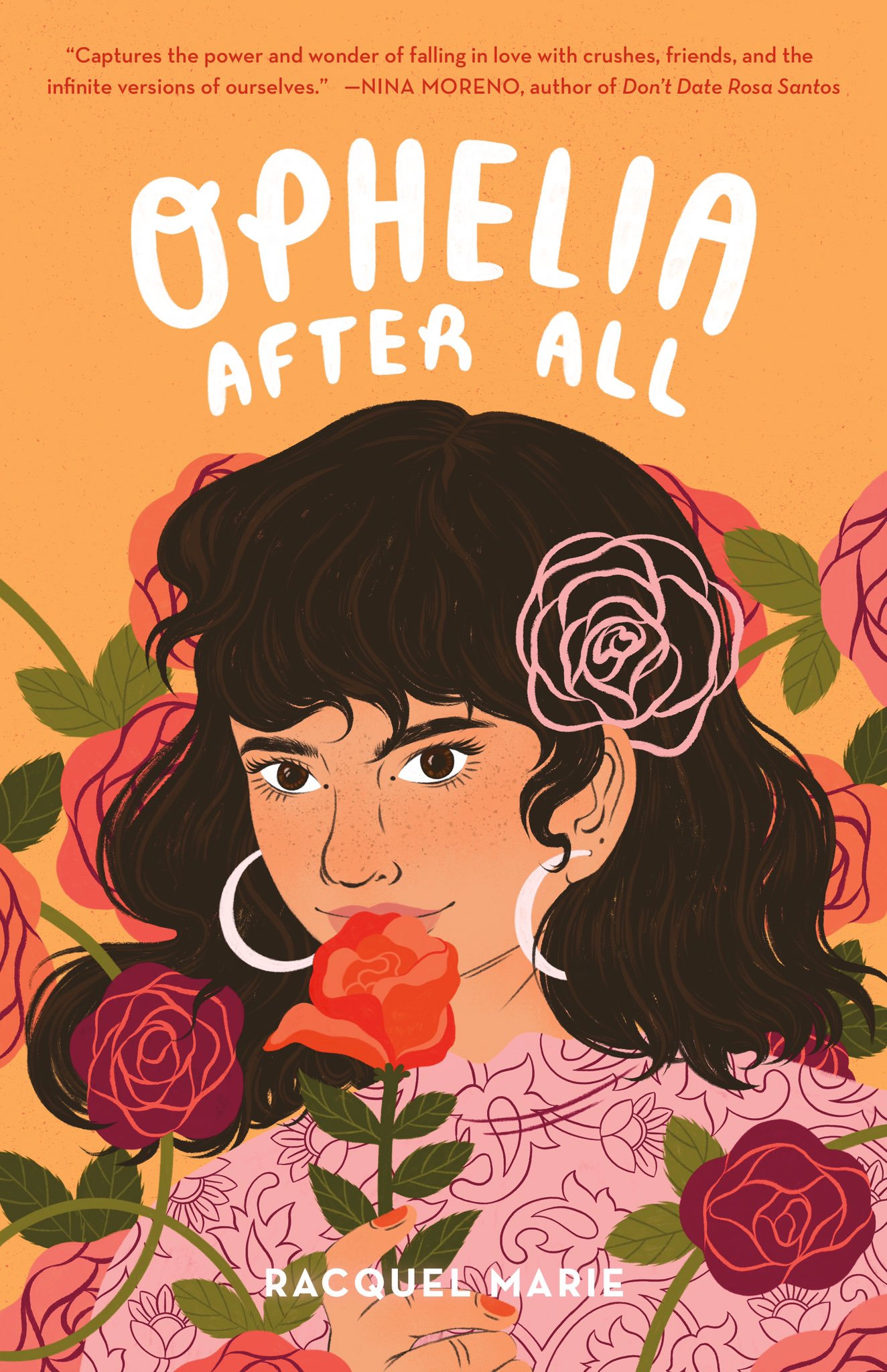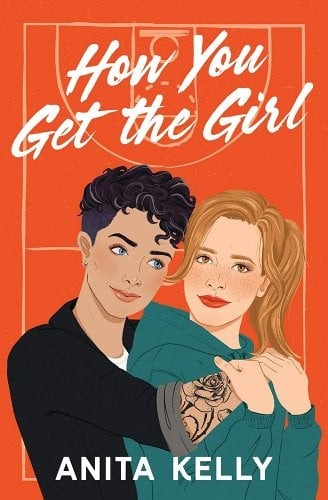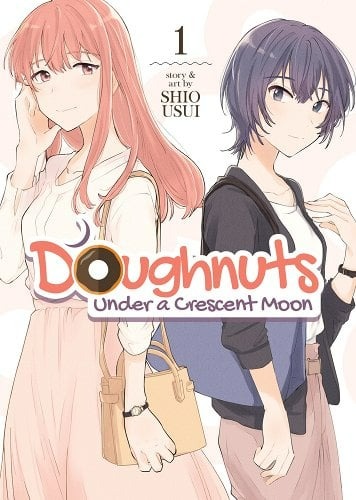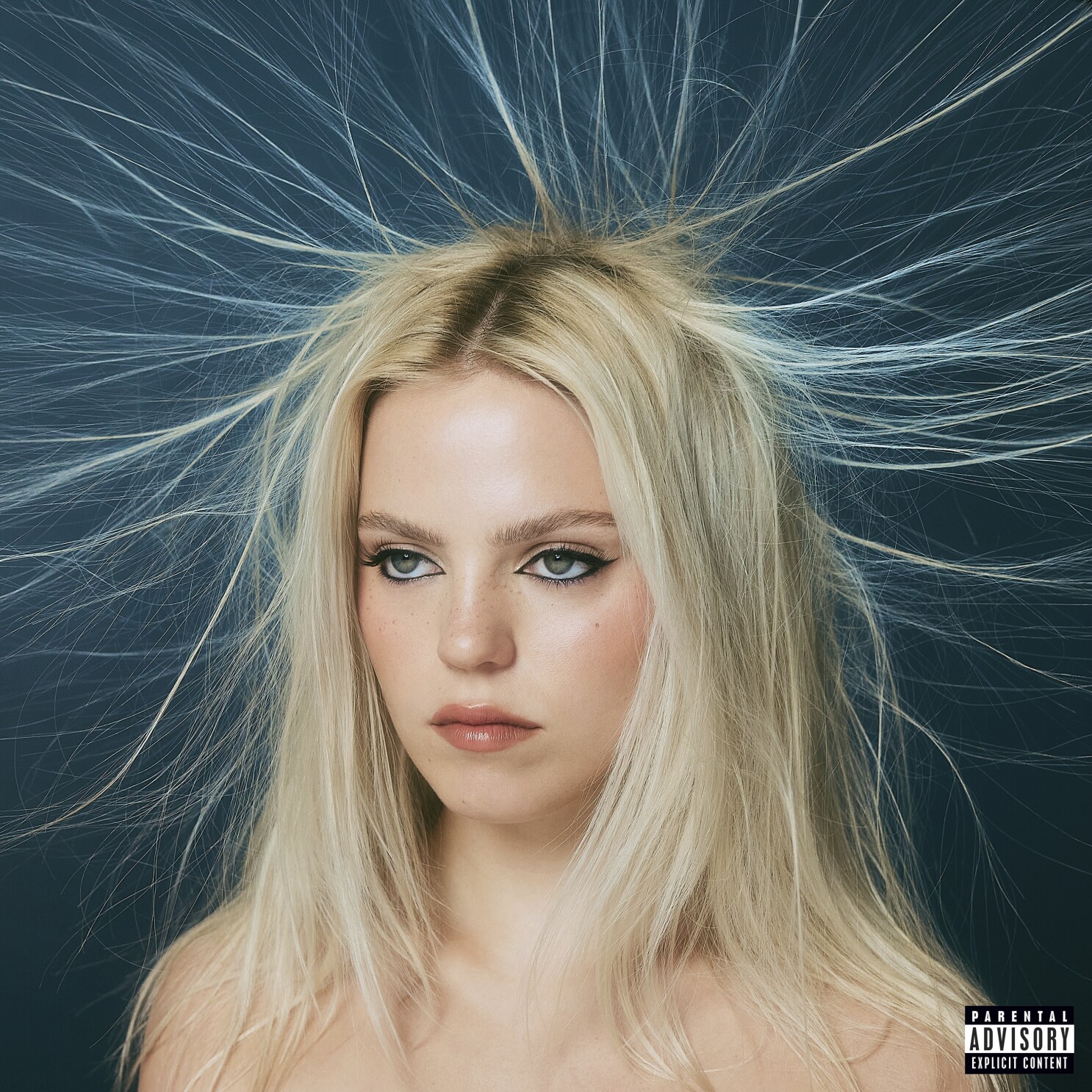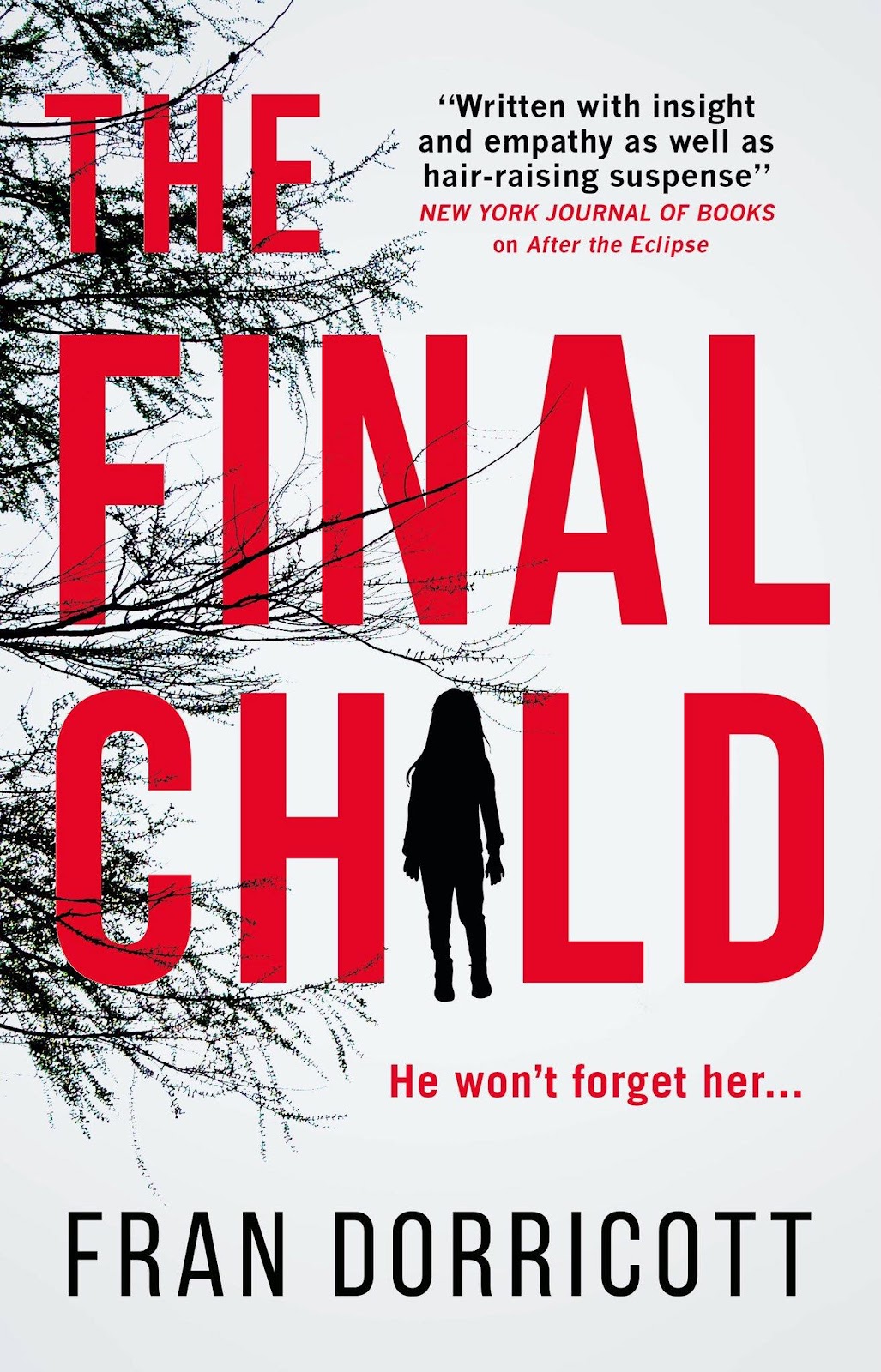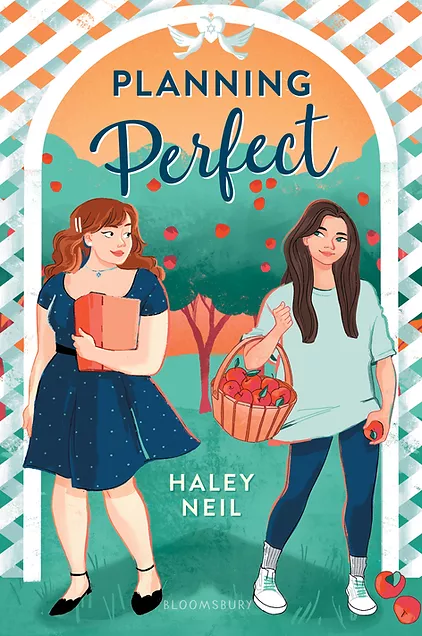First of all, this is of my all-time favourite YA covers. It’s so adorable. And I’m happy to say that the story delivered. We’re following Lynda, a teenager who is devoted to getting into her dream art school. Unfortunately, her father just remarried and she now has to share a room with her stepsister, Josie.Read More
Finding a New Favorite YA Contemporary Author: Ophelia After All and You Don’t Have a Shot by Racquel Marie
Recently, I got to read Racquel Marie’s debut and sophomore releases: Ophelia After All and You Don’t Have a Shot. While the two books had different focuses, they were both compulsively readable coming-of-age stories, and I think any reader of sapphic contemporary YA will find at least one of them to be up their alley. Though it isn’tRead More
A Rivals to Lovers Soccer Romance: You Don’t Have a Shot by Racquel Marie
Buy this from Bookshop.org to support local bookstores and the Lesbrary! Racquel Marie’s You Don’t Have a Shot is a YA romance that centers around Valentina Castillo-Green, a high school soccer star whose life revolves around the sport. After an abrupt end to her junior year soccer season, Vale ends up at soccer camp, co-captaining a teamRead More
A Manga About Love of All Kinds: Doughnuts Under a Crescent Moon by Shio Usui
Buy this from Bookshop.org to support local bookstores and the Lesbrary! Last month, I raved about She Loves to Cook, and She Loves to Eat by Sakaomi Yuzaki. It was a pretty solid guess that I would also enjoy Doughnuts Under a Crescent Moon by Shio Usui, as they’re both slice-of-life manga about adult women who fall in loveRead More
Take a Shot on How You Get the Girl by Anita Kelly
Buy this from Bookshop.org to support local bookstores and the Lesbrary! While coaching East Nashville High’s girl’s basketball teen, Coach Julie Parker expects passionate players and quick springs, not for the star of her fantasies, ex-WNBA baller Elle Cochrane, to show up with the niece she’s fostering. Despite being all heart-eyed and tongue-tied, Julie convincesRead More
Jamaican Joan of Arc: So Let Them Burn by Kamilah Cole
Buy this from Bookshop.org to support local bookstores and the Lesbrary! I first saw Kamilah Cole describe her debut, So Let Them Burn, as a Jamaican Joan of Arc, which was enough to grab my attention even before the book had a cover. To be more specific, So Let Them Burn is the first book in a YARead More
A Sapphic Asexual Manga Romance: Doughnuts Under a Crescent Moon Series by Shio Usui
Buy this from Bookshop.org to support local bookstores and the Lesbrary! I’m always looking for more sapphic manga with adult main characters: until recently, yuri stories between schoolgirls was about all I could find available in English. While some of those are great, I am excited to see more queer manga coming out now withRead More
All The Pretty Girls Read Sapphic Stories: More Readalikes for Reneé Rapp’s Snow Angel
If you have Reneé Rapp’s album Snow Angel playing on repeat, these are the sapphic books you need to read! Pick up the one that matches your favorite song, or get the whole stack if it’s too hard to pick. You can get a copy of any of these titles from your local bookstore orRead More
A Thrilling Serial Killer Suspense Novel: The Final Child by Fran Dorricott
Buy this from Bookshop.org to support local bookstores and the Lesbrary! Content warnings: child abuse, child death, trauma Back in the 90s, a serial killer known as the Father kidnapped and murdered children, always siblings. Only one survived: Jillian, who became Erin, and she just wanted to forget the whole thing. But Harriett, whose cousinsRead More
All The Pretty Girls Read Sapphic Stories: Readalikes for Reneé Rapp’s Snow Angel
If you have watched The Sex Lives of College Girls or Mean Girls (the musical), then chances are that you’re familiar with bisexual singer/actor Reneé Rapp. In 2022, Rapp released her debut EP Everything to Everyone, which featured nine original songs about mental health, her queer identity and love. Most recently, Rapp released her firstRead More
